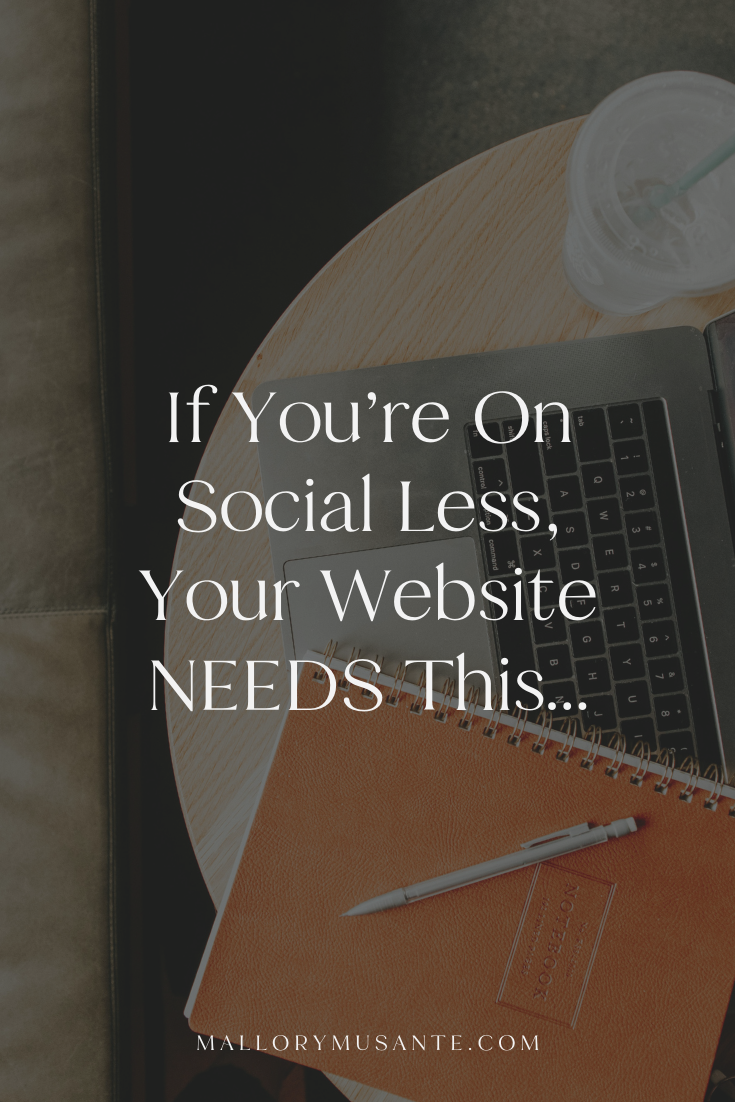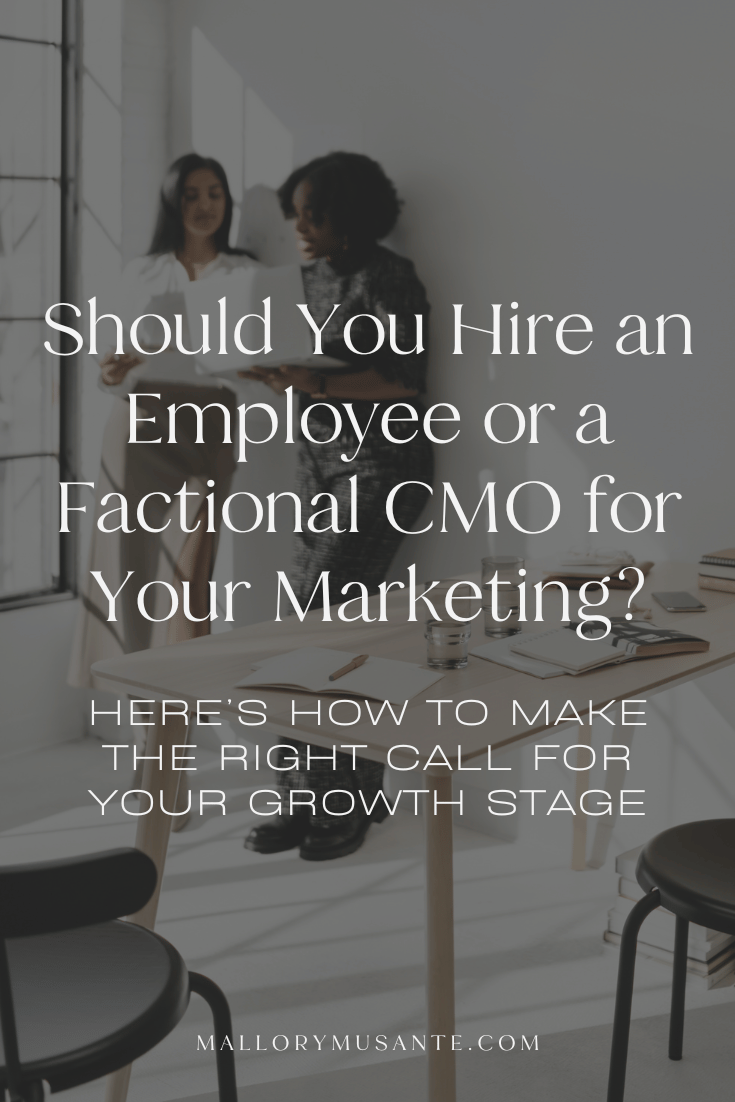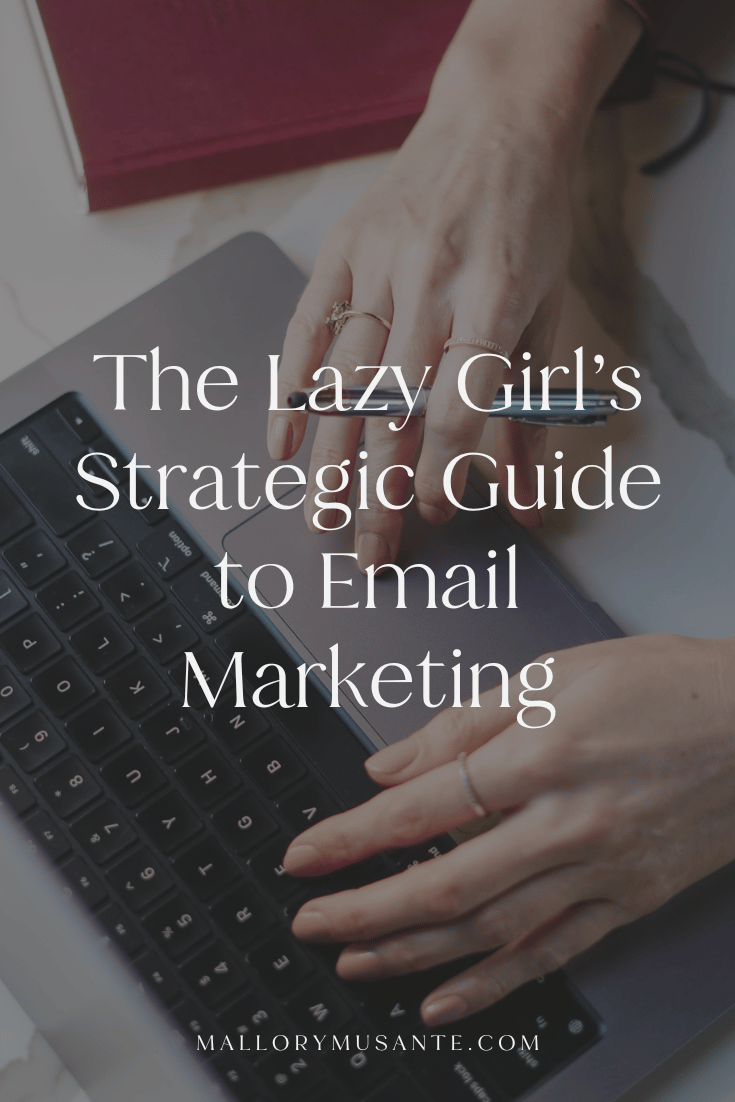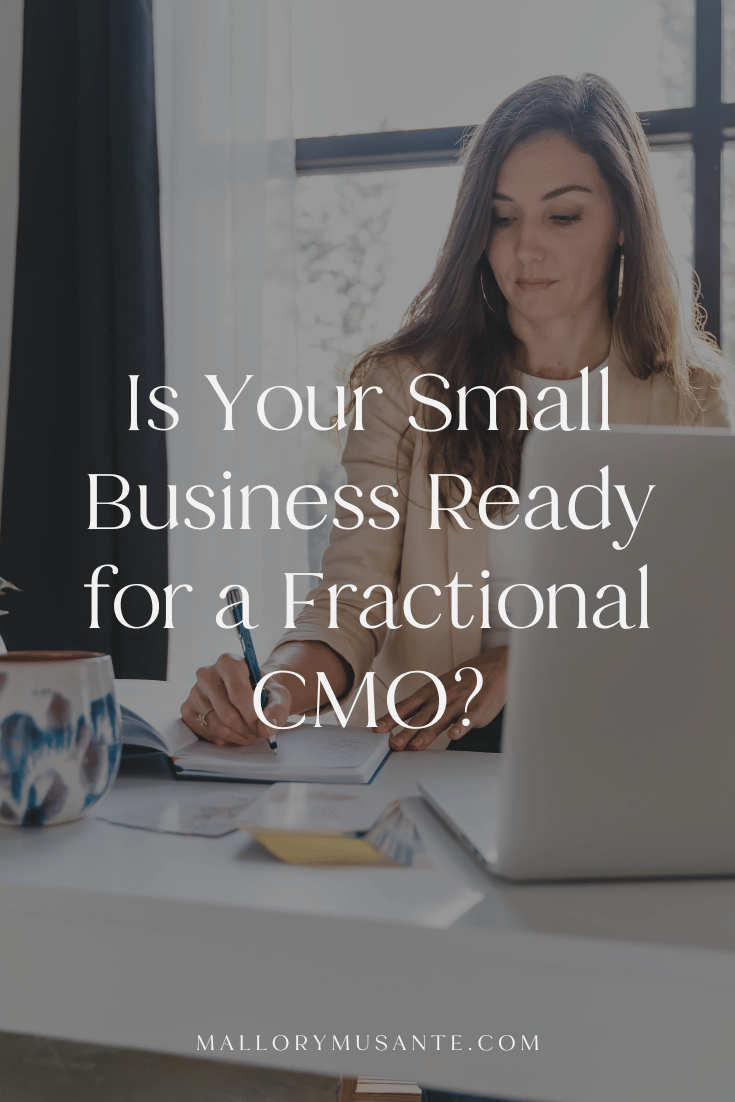ChatGPT: Good or Bad for Business?
In today's fast-paced and technology-driven business world, automation and AI-powered tools have become increasingly popular for streamlining operations, marketing, and improving customer experience.
And ChatGPT is the hottest AI tool out there right now.
But is ChatGPT really the right choice for businesses? Let’s explore the potential benefits and drawbacks of using ChatGPT in business and help you determine if it is a good fit for your company.
What is ChatGPT?
ChatGPT is a language model developed by OpenAI and it uses a deep learning approach to generate human-like text. It has been trained on a diverse range of internet text, allowing it to respond to a wide range of questions and generate text on a variety of topics with high coherence and consistency.
It’s essentially a new AI program that's basically a smart little robot friend you can chat with and get answers to all your questions. It's like having an assistant that knows everything and can help you learn about whatever topic you're interested in.
Is ChatGPT Good or Bad for Business?
It really depends on how it is used and the specific goals of the business.
ChatGPT can be beneficial for businesses by providing automation and support for customer service, generating creative and attention-grabbing text for advertisements, and providing valuable insights and data analysis. These features can help businesses save time and resources, improve customer experience, and make data-driven decisions to drive growth and success.
However, if ChatGPT is not used properly, it could also have negative impacts. For example, if the generated text is not high-quality or relevant, it may not effectively engage the target audience. Additionally, if customer service is not monitored carefully, automated responses may not always provide the best support, leading to dissatisfaction and loss of customers.
Overall, ChatGPT can be a valuable tool for businesses if used effectively, but it is important to consider the potential benefits and risks and make informed decisions about its use.
So How Can ChatGPT Help Businesses?
ChatGPT can help businesses grow in several ways:
Customer support: ChatGPT can automate repetitive customer support tasks, such as answering frequently asked questions and providing product recommendations, allowing businesses to focus on more complex customer issues and improving customer satisfaction.
Marketing: ChatGPT can generate creative and attention-grabbing text for advertisements, such as product descriptions, social media posts, and email newsletters, helping businesses reach and engage a larger audience.
Insights and data analysis: ChatGPT can analyze customer feedback and other data to provide valuable insights into customer needs and preferences, helping businesses make informed decisions about product development and marketing strategies.
Content creation: ChatGPT can generate engaging and informative content for websites, social media, and other marketing materials, helping businesses establish a strong online presence and attract new customers.
By using ChatGPT, businesses can streamline operations, improve customer experience, and make data-driven decisions to drive growth and success.
—
Psst! All the above was written by ChatGPT with some edits from me.
Honestly, ChatGPT did a pretty good job answering my questions but I still had to ask the right questions and then put together this blog in a way that made sense.
I also made changes to make it actually sound more like me… but I still think it sounds a tad robotic in places.
So here’s my take:
Here’s the good:
It gives you a great starting place for your content.
It helps you research complex topics.
It can even give you insight on your data and analytics.
It can give you clarity on specific topics.
But the bad?
Well it’s still a computer and doesn’t have human emotions or critical thinking. That means if you solely rely on it for your content and marketing efforts, it’s going to, well, sound like a computer.
It doesn’t know your brand voice and personality.
It doesn’t know your overall marketing strategy.
And it doesn’t know your target market.
That means what it gives you might not sound like you, speak to your target market’s needs, or even fit into your actual strategy… and that does absolutely nothing for your marketing efforts.
So long story short, use it for a starting place and to get information on topics you need, but keep this in mind if you use it:
You are still responsible to determining its use and if what it’s providing you is actually of value to your brand.
Always rewrite what it’s providing you in your own brand voice while also adding your own personality and insight to it.
Use it as a resource, not as your copywriter, social media manager, marketing director, or anything else.
Have you used ChatGPT yet? What are your thoughts and how has it helped your business?
Want help with your marketing?
My Strategy Intensives provide you with a complete brand and marketing strategy based on market research and analysis and your own business metrics.
The CMO Partnership is perfect if you need ongoing support whether that’s my team managing your marketing efforts or you need someone to lead your marketing team to success.
Not sure what you need but know you could use some support? Reach out and I’ll help guide you in the right direction (whether that’s working with me or not!)






























